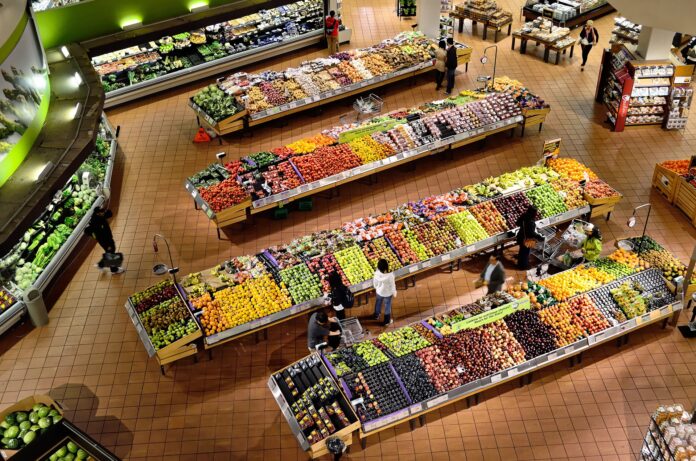Source: MakeLemonade.nz
Otautahi – No one food can reduce the risk for cancer, but there is an overall diet that can. A plant-based diet and can help the body.
Research over many years has linked plant-based diets to lower rates of heart disease, type 2 diabetes, and some cancers as compared with diets high in meat and other animal products.
People who have given thought to cancer prevention, have probably thought about their diet. Almost every week a new trend is hitting the health food headlines. It can make it almost impossible to settle on what to eat and not eat.
But there is one diet that is consistently proven for more than two decades to reduce the risk for cancer. It is a plant-based diet.
Eating plant-based means the meals are mostly plants: vegetables, whole grains and fruits. Beans, seeds and nuts are also included.
Fill two-thirds of a plate with those plant-based foods. The remaining one-third should be a lean protein such as fish, tofu or beans. They will support the immune system.
Plants have essential nutrients that are not in other foods. The vitamins and minerals, phytochemicals and antioxidants in plants help keep the cells healthy and the body in balance so that the immune system can function at its best.
Plants give the body what it needs to help fight off infection. A plant-based diet strengthens the immune system to protect against germs and microorganisms.
A healthy immune system is essential for reducing the risk for cancer because it can recognise and attack mutations in cells before they can progress to disease.
Plant foods reduce inflammation. Plants’ essential nutrients work to resolve inflammation in the body.
The same tiny phytochemicals and antioxidants that boost the immune system also go around the body neutralising toxins from pollution, processed food, bacteria, viruses and more.
Antioxidants in plants grab all these so-called free radicals that can throw the body off balance.
Plants are high in fibre which is present in all unprocessed plant foods. It is what makes up the structure of the plant, and if the eat more of it the access a whole host of benefits.
Eating a plant-based diet improves the health of the gut and they are better able to absorb the nutrients from food that support the immune system and reduce inflammation. Fibre can lower cholesterol and stabilize blood sugar and it’s great for good bowel management.
Fibre is very important for reducing the cancer risk. This is especially true for the risk of the third most common cancer: colorectal cancer.
A plant-based diet reduces the risk for other diseases too. The benefits of eating mostly plants are not limited to reducing the cancer risk.
A plant-based diet also has been shown to reduce the risk for heart disease, stroke, diabetes and some mental health illnesses.
Regular pasta, white bread and white rice may be plant products, but they are not made from whole grains. Choose 100 percent whole wheat pasta and bread and eat brown rice.



